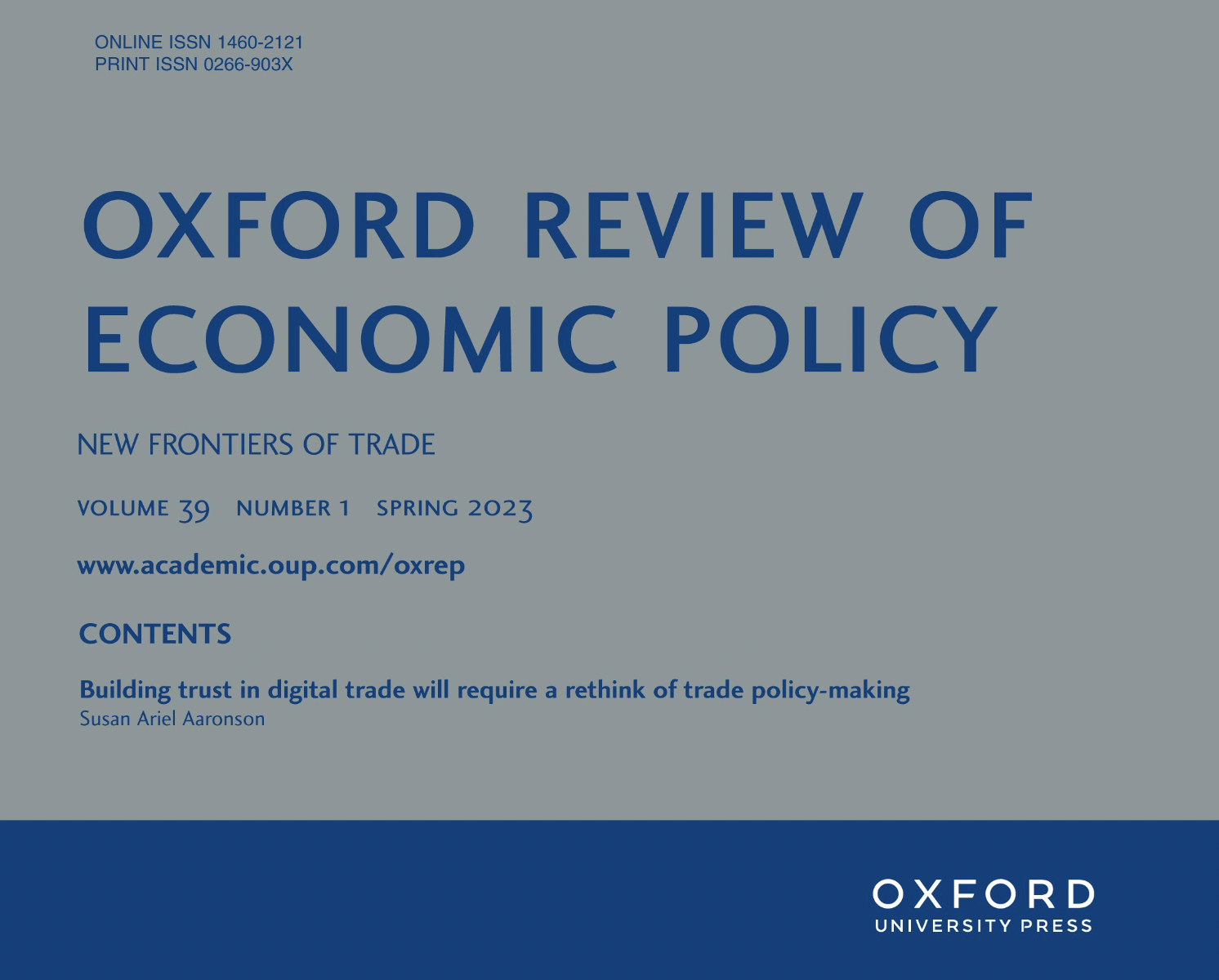In 2019, Shinzo Abe, then Prime Minister of Japan, stated that if the world wanted to achieve the benefits of the data-driven economy, members of the World Trade Organization should find a common approach to combining ‘data free flow with trust’. However, he never explained what these rules should look like and how nations might find an internationally accepted approach to such rules. In this paper, I argue that trade policy-makers must pay closer attention to users’ concerns if they truly want to achieve ‘data free flow with trust’. I begin with an examination of what the most recent digital trade/ecommerce agreements say about trust and discuss whether they actually meet user concerns. Next, I turn to three different examples of online problems that users have expressed concerns about, namely internet shutdowns/censorship, disinformation, and ransomware, describing how these may yield both trade distortions and less trust online. I argue that policy-makers should address these issues if they believe trade agreements should build trust in cross-border data flows. Moreover, I argue how policy-makers respond to user concerns is as important as what they include in trade agreements. Finally, I note that trade negotiators will need to rethink how they involve the broad public in digital trade policy-making, while recognizing that trade policy agreements may not be the best place to address these problems.
Read More Publications
AI and Trade: The WTO’s Thoughtful but Incomplete Assessment
When the World Trade Organization (WTO) decided in 2024 to produce a report on the trade implications of artificial intelligence (AI), it set out to answer two key questions: How can the WTO help ensure that the benefits of AI are widespread? And, how can the...
Public Concerns About AI Are Getting Lost in Translation
Artificial intelligence (AI) is playing an increasingly important role in people’s lives, which has led to growing calls for AI regulation. Although the public has strong opinions on AI, getting policy makers to listen often leads to citizens’ concerns getting “lost...
Do AI Chatbot Firms Practice What They Preach?
This study examines whether leading AI chatbot companies implement the responsible AI principles they publicly advocate. The authors used a mixed-methods approach analyzing four major chatbots (ChatGPT, Gemini, Deep Seek, and Grok) across company websites, technical...




